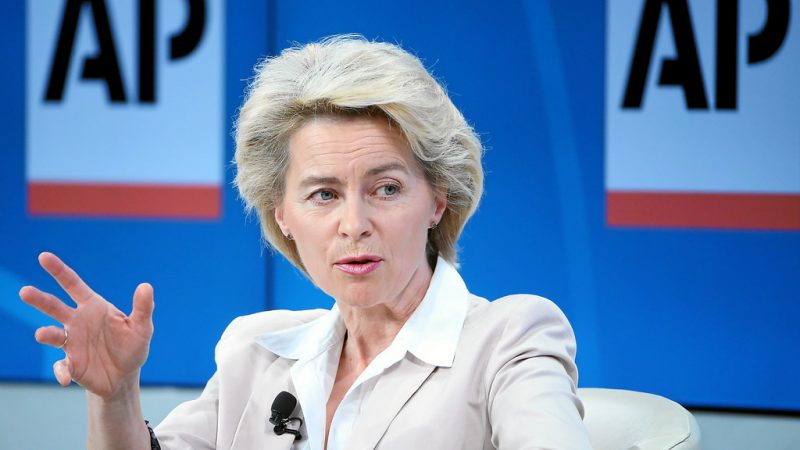Analysis by Bloomberg shows that while the EU has sanctioned 490 Russian entities since the country first invaded Ukraine, the UK has just sanctioned 16.

The UK is lagging far behind the European Union and other states when it comes to the number of sanctions issued against Russian entities following Putin’s brutal invasion of Ukraine.
Analysis by Bloomberg shows that while the EU has sanctioned 490 Russian entities since the country first invaded Ukraine, the UK has just sanctioned 16.
Canada meanwhile has sanctioned 413 Russian entities, while Australia is on 407 and the US on 118.
The UK has been slow on sanctions despite the fact that the government has been talking tough, with foreign secretary Liz Truss vowing to implement the ‘toughest sanctions regime against Russia we have ever had’.
The Conservative Party’s relationship to Kremlin-linked donors has also been under growing scrutiny in recent days, with demands for Boris Johnson to return donations from Russians linked to Putin.
It also comes after Labour leader Keir Starmer demanded to know at PMQs last week why the like of Roman Abaramovich and Igor Shuvalov were not on the sanctions list, with questions being raised over just how compromised the Conservative Party is over sanctions on Kremlin-linked Russians after the party’s acceptance of donations linked to the regime.
Revelations in the Sunday Times over the weekend have also revealed that Johnson personally intervened to overrule the security services who advised that giving a peerage to Evgeny Lebedev posed a security risk. Russian born Lebedev, owns the Independent and Evening Standard and is the son of a former KGB officer.
Labour leader Sir Keir Starmer has said that the prime minsiter’s decision to award Lebedev a peerage should be investigated by parliament’s Intelligence and Security Committee.
Starmer said that he was “very concerned” about the reports suggesting the “Government and the Prime Minister were warned that there was a national security risk in this particular appointment”.
He said: “I think, in the circumstances, what the appropriate thing is for the Intelligence and Security Committee, which is a cross-party committee in Parliament that can have access to confidential material – I think this case should be referred to that committee so they can look into this story.”
Basit Mahmood is editor of Left Foot Forward
Left Foot Forward doesn't have the backing of big business or billionaires. We rely on the kind and generous support of ordinary people like you.
You can support hard-hitting journalism that holds the right to account, provides a forum for debate among progressives, and covers the stories the rest of the media ignore. Donate today.



